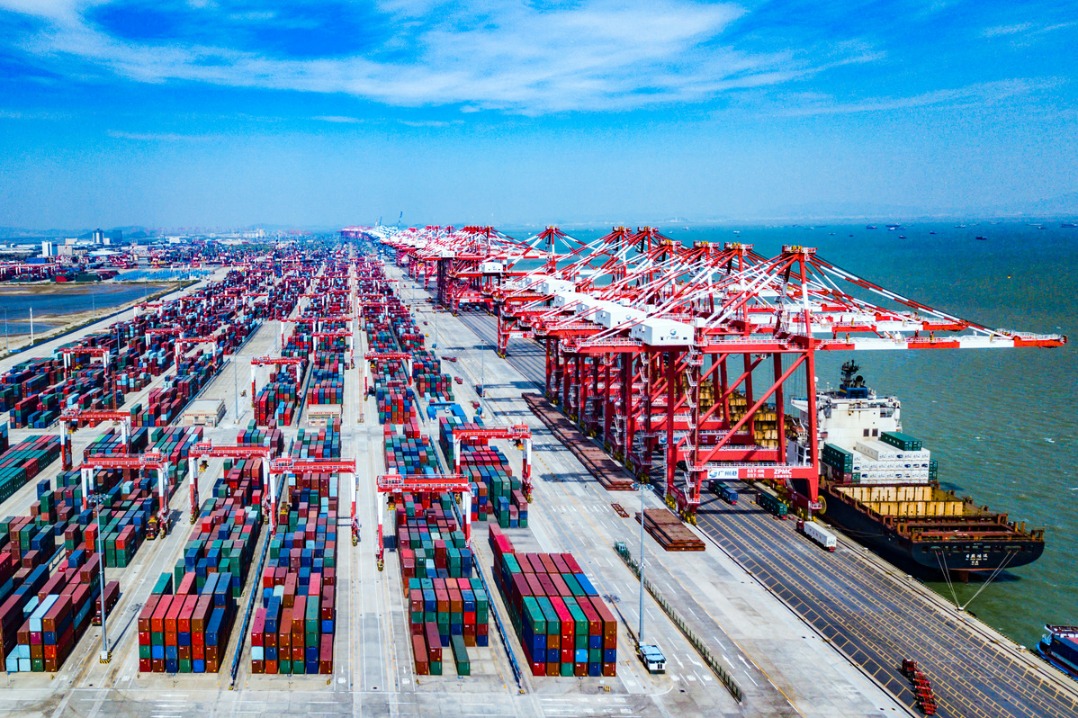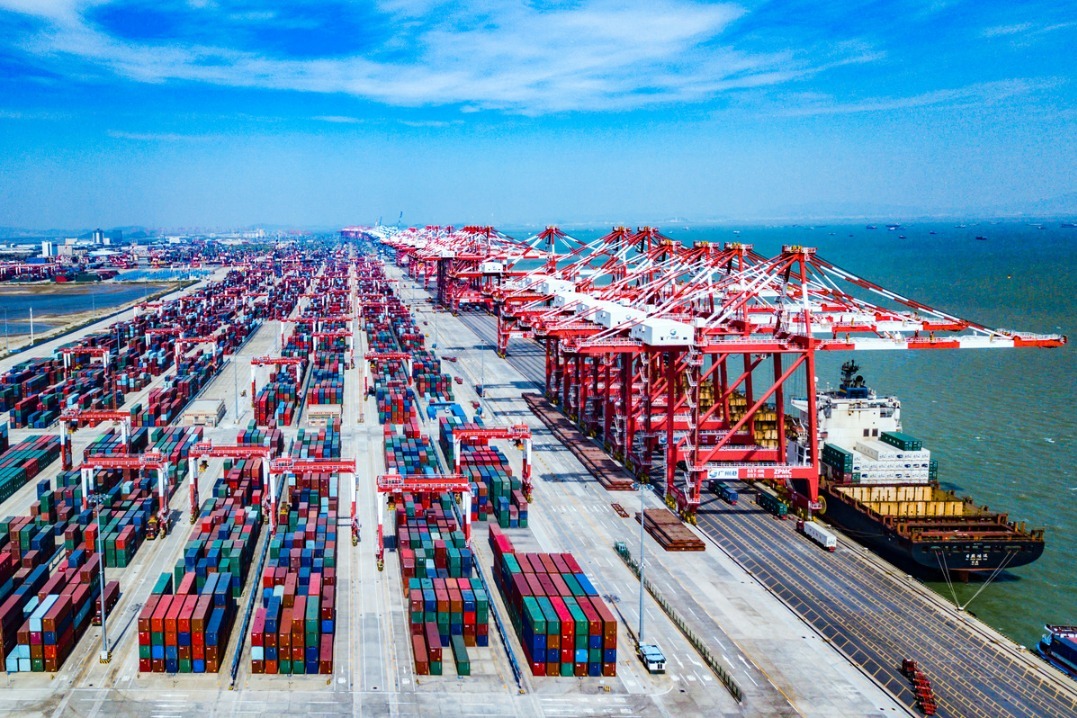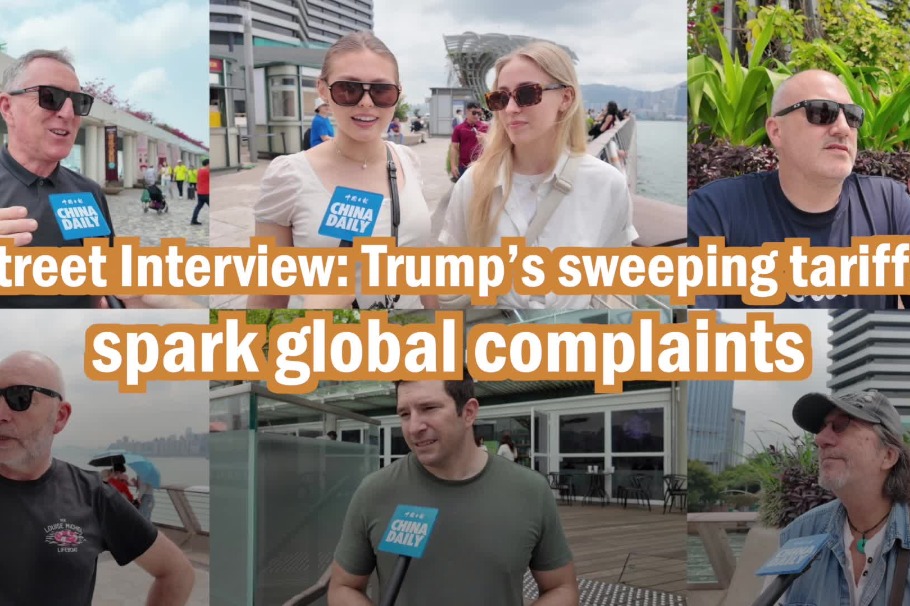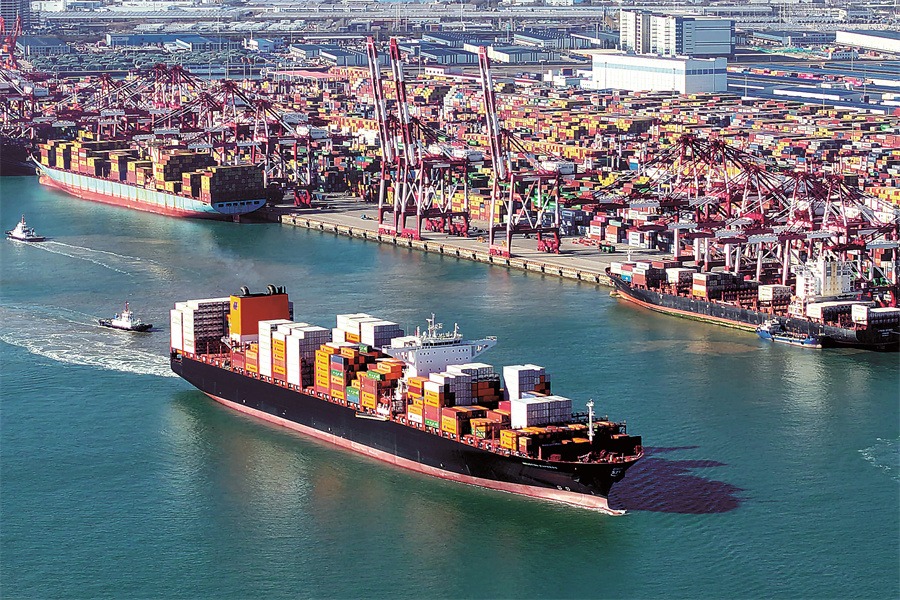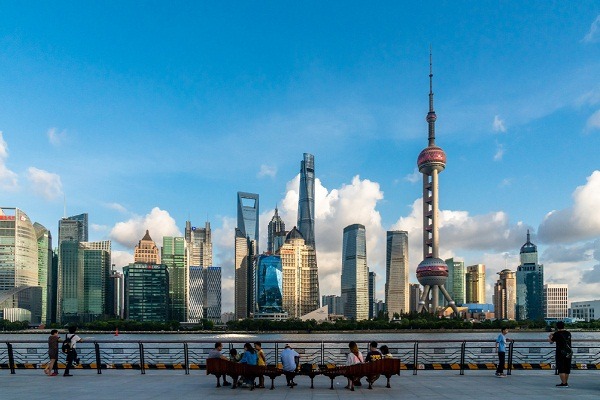From the press: Trade war presents long-term opportunities for China

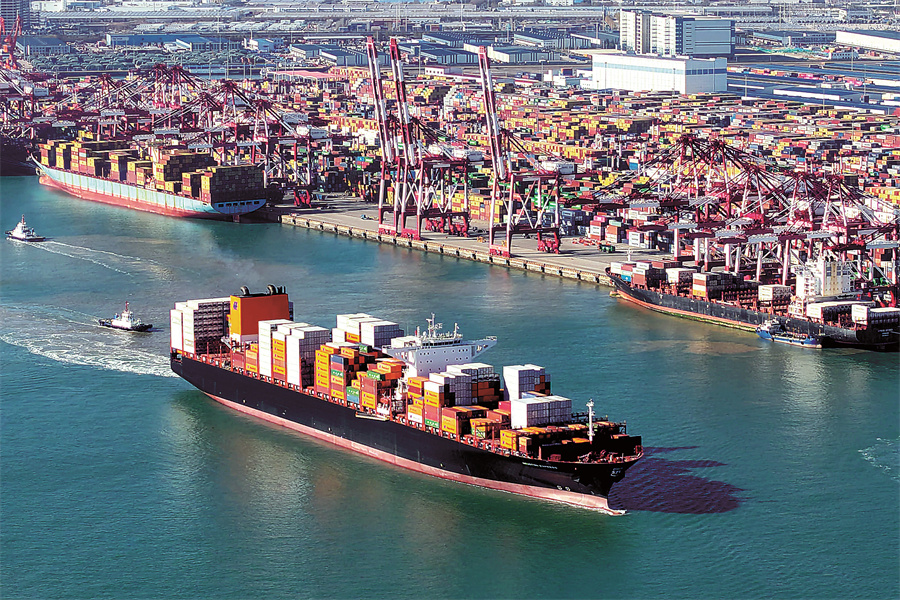
The escalating trade war fueled by Donald Trump's aggressive tariffs, is a destructive battle with no real winners—especially not for the consumers or workers. Yet the trade war brings China long-term strategic opportunities, said the Guardian in its recent editorial on April 9.
According to the report, Trump's abrupt Wednesday announcement suspending punitive tariffs on allied nations for 90 days appeared designed to pressure third countries into decoupling from Chinese supply chains. However, economic analysts cautioned that such aggressive tariff measures could produce the opposite effect, by driving these nations closer to Beijing. The policy volatility was widely interpreted as reflecting mounting domestic concerns about the repercussions of tariff, particularly among Trump's political base. Chinese officials reportedly maintain confidence that mounting pressure from influential business leaders, retirees facing portfolio losses, agricultural constituencies, vulnerable manufacturing workers and inflation-weary consumers will ultimately compel policy recalibration. While the situation remains fluid, diplomatic sources suggest a negotiated resolution hasn't been ruled out.
"Above all, Beijing believes that when this storm has passed, few will regard the US as a dependable economic or security guarantor, and China will appear a more predictable, if not more likable, partner," the newspaper said.
Meanwhile, a recent Bloomberg report on April 9 suggests that Trump's tariffs could unexpectedly ease China-Europe tensions. As US trade policies strain transatlantic relations, European leaders are reassessing ties with China. Spanish Prime Minister Pedro Sánchez, met with Chinese leaders on Friday- his third visit in two years, will become the first EU leader to visit Beijing since Trump's tariff escalations.
In its editorial on April 9, the Financial Times said while higher China tariffs were anticipated, the regional ripple effects are disrupting US firms like Apple, Nike, and Intel that rely on these alternative supply chains. Despite close US trade ties, Southeast Asian nations face an "impossible choice" between Washington and Beijing, with China's geographic and economic dominance making decoupling impractical. Analysts warn aggressive US pressure without concessions could push these nations closer to China.
The New York Times also reports Trump's unpredictable tariffs are having the opposite effect: firms are hesitating to exit China due to unclear long-term US policy. Kit Conklin, senior vice president for risk and compliance at Exiger, stresses businesses need "clear policy signals to act," while a manufacturer admits no company will commit to costly relocations amid arbitrary US moves.



















